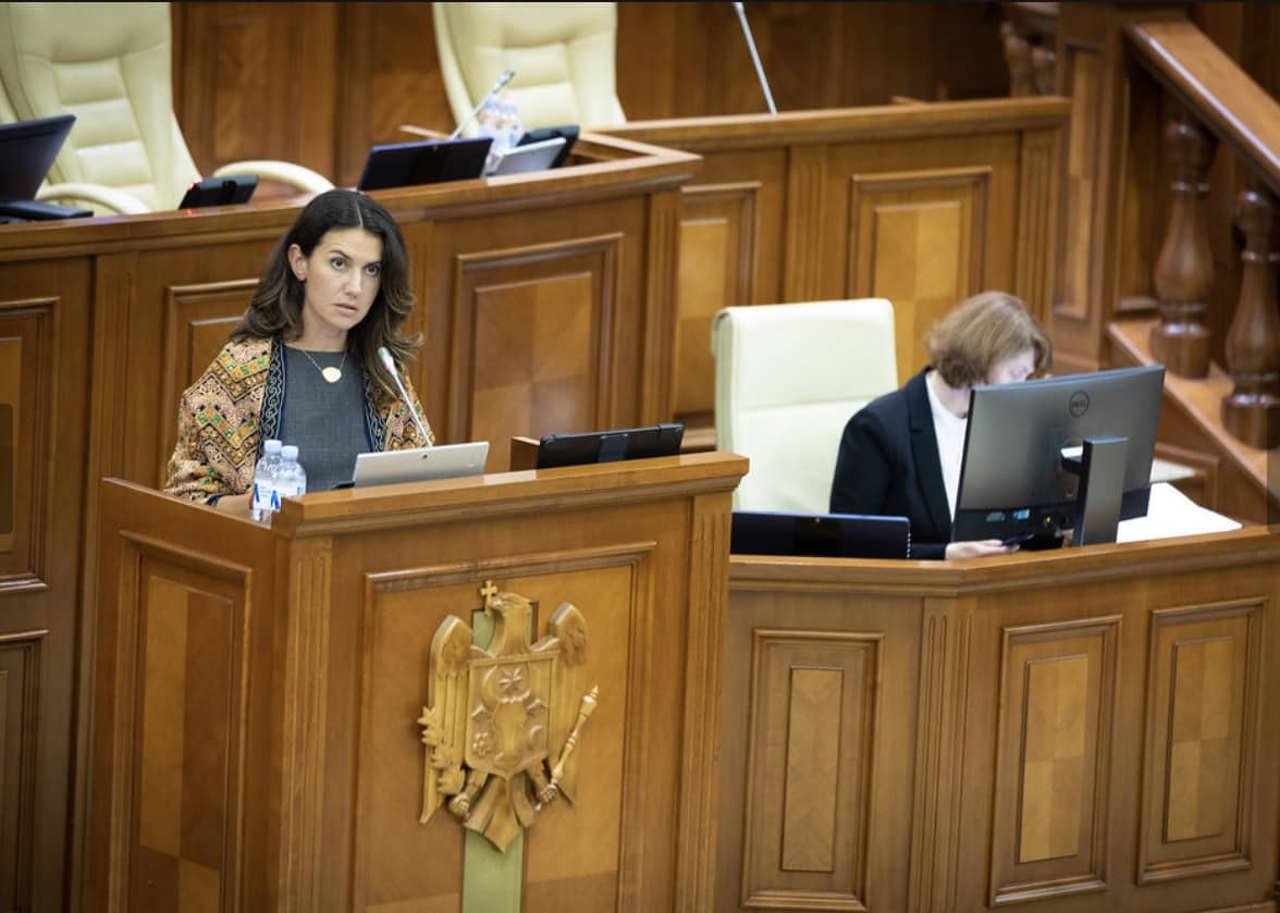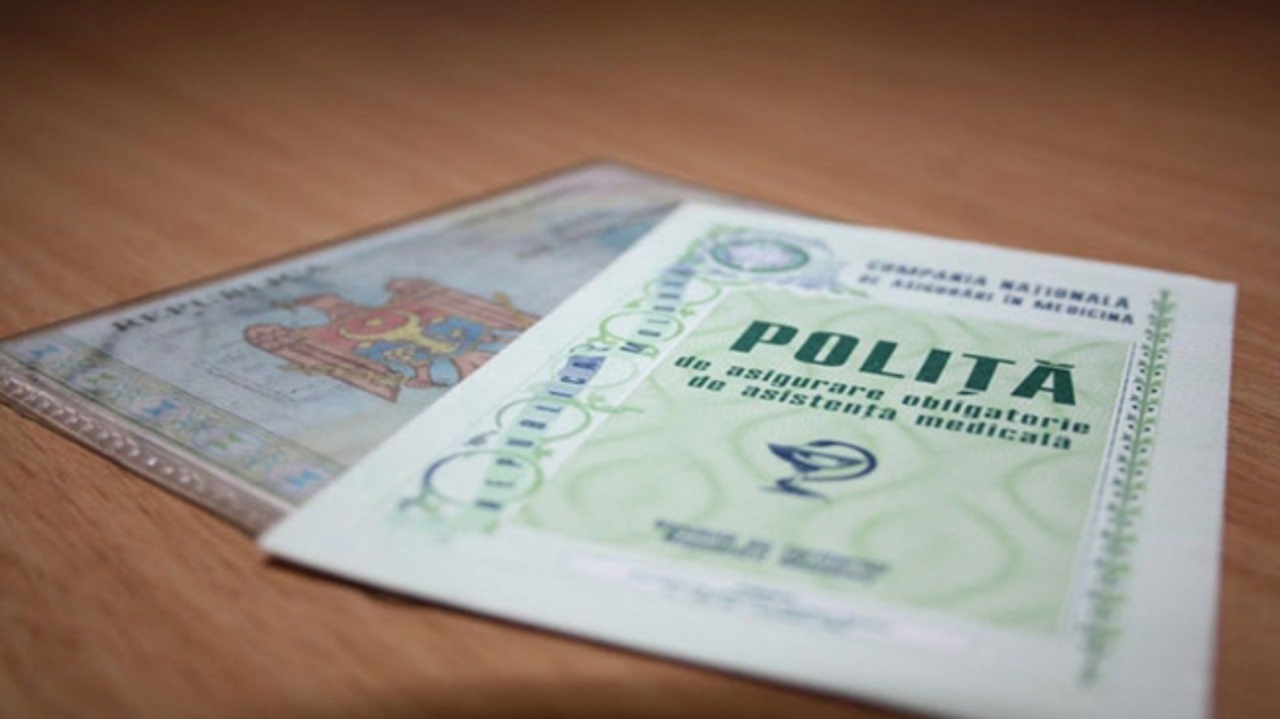Olesa Stamate's first reaction after she was expelled from PAS: "I know the truth and my soul is at peace"

Olesea Stamate has publicly responded following the Action and Solidarity Party's decision to expel her from the party. The former MP expressed her understanding of her colleagues' decision in light of the recent political context and the attacks she faced. However, she stands by her actions, asserting that they were both correct and legal.
“I know the truth, and my soul is at peace,” Stamate wrote, adding that the attempt to involve her family in this scandal is “below all limits of decency.”
She states that she remains devoted to the values of the rule of law and believes in morality in politics, in objective media, and in the European future of the Republic of Moldova. “God is Great and He sees everything!” concluded Olesea Stamate. She did not say is she re-applies for the mandate of deputy.
Previously, Olesea Stamate wrote that her family was involved in the scandal related to the release from prison of some life-sentenced prisoners, in particular by associating her father with the case of Alexandru Radulov. She explained that her father, a lawyer, initially represented this prisoner in an amnesty request, which was, however, rejected both in the first instance and on appeal. Subsequently, Radulov was represented by another lawyer and was conditionally released under Article 91 of the Criminal Code, a mechanism provided for since 2002, according to European standards and ECHR decisions.
The PAS National Standing Bureau decided to expel Olesea Stamate from the party and has requested that she resign her mandate as a deputy. The party accuses her of using her position to create a "vicious process" that enabled the parole of at least two individuals sentenced to life imprisonment. This announcement was made by Igor Grosu, the leader of PAS and Parliament Speaker.
According to the PAS, Olesea Stamate, who previously served as the head of the Legal, Appointments, and Immunities Committee, introduced three amendments to the Amnesty Law that was voted on in 2021. These amendments ultimately facilitated the release of prisoners. One significant change in the Amnesty Law allowed for life imprisonment sentences to be reduced to 30 years. This amendment enabled the application of Article 91, paragraph (4), letter (b), which permits the conditional release of inmates who have served two-thirds of their sentence.






